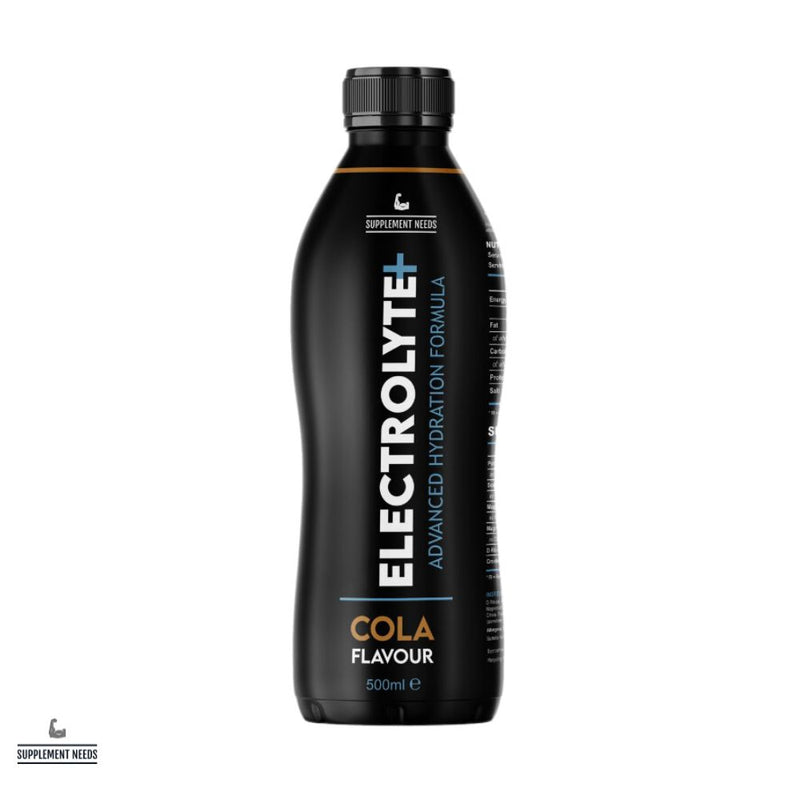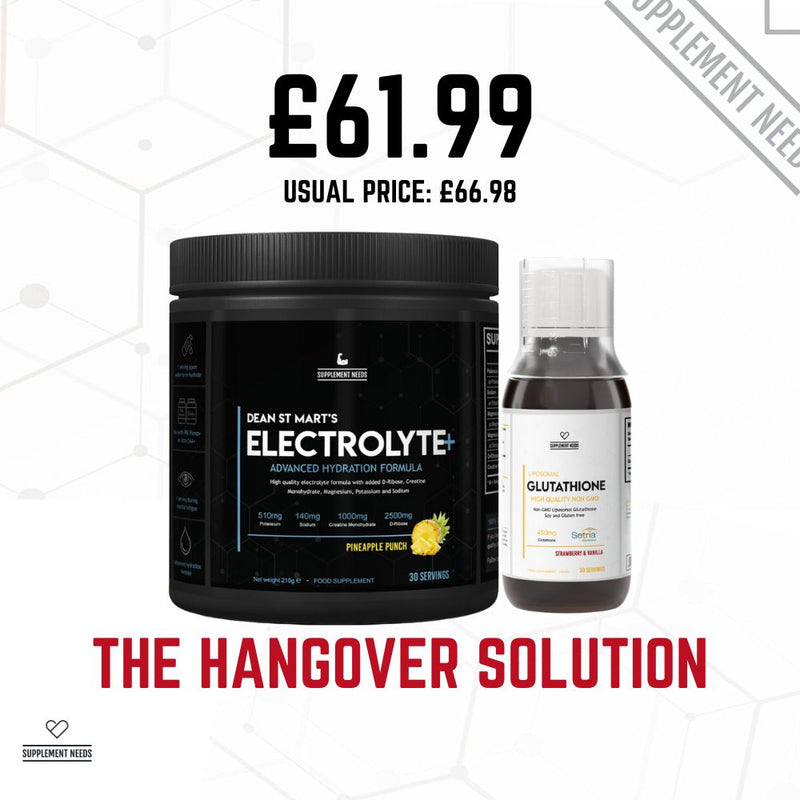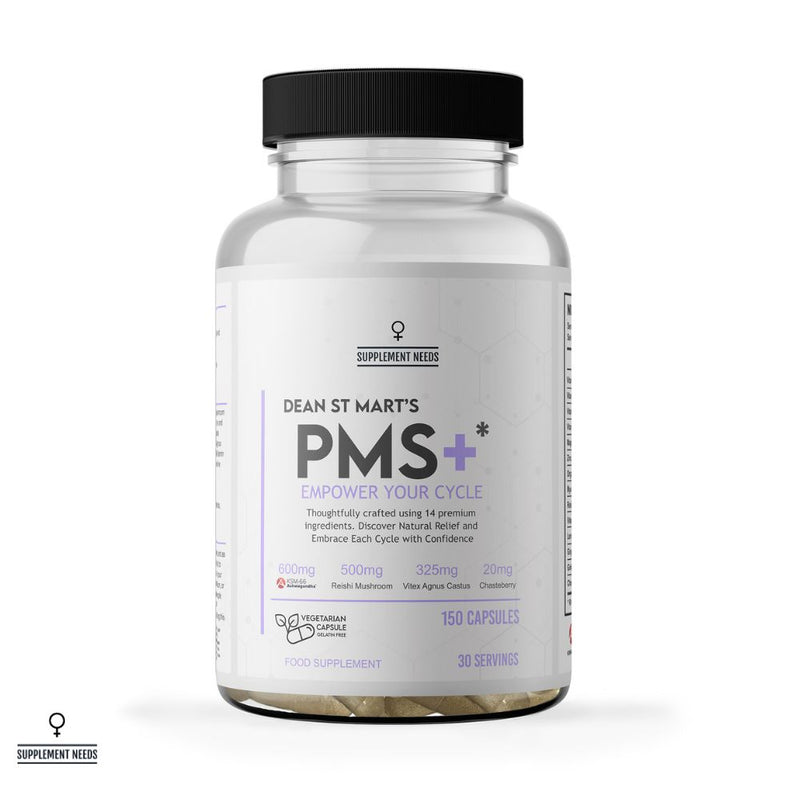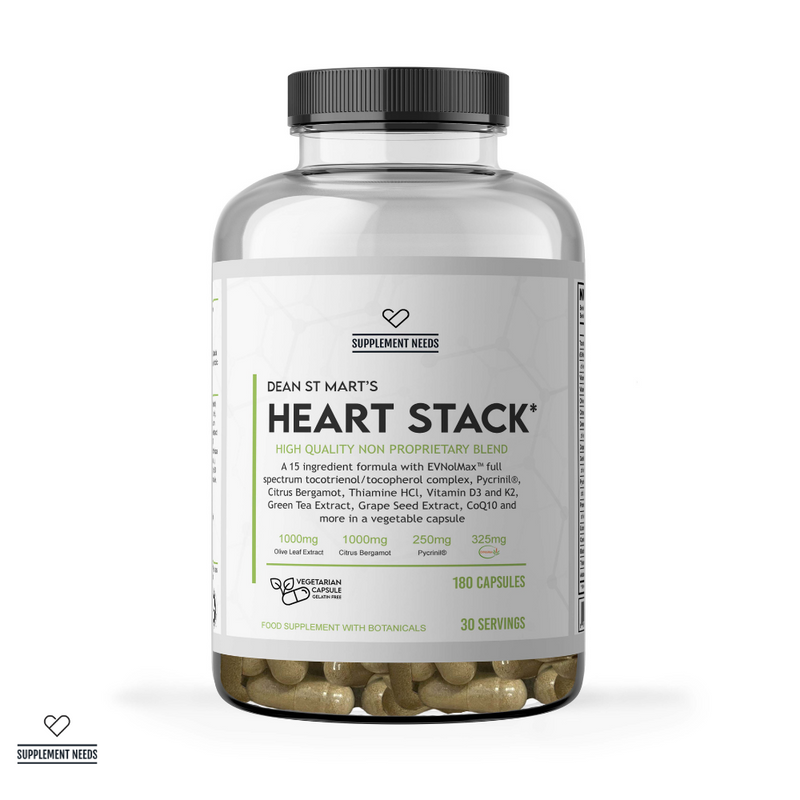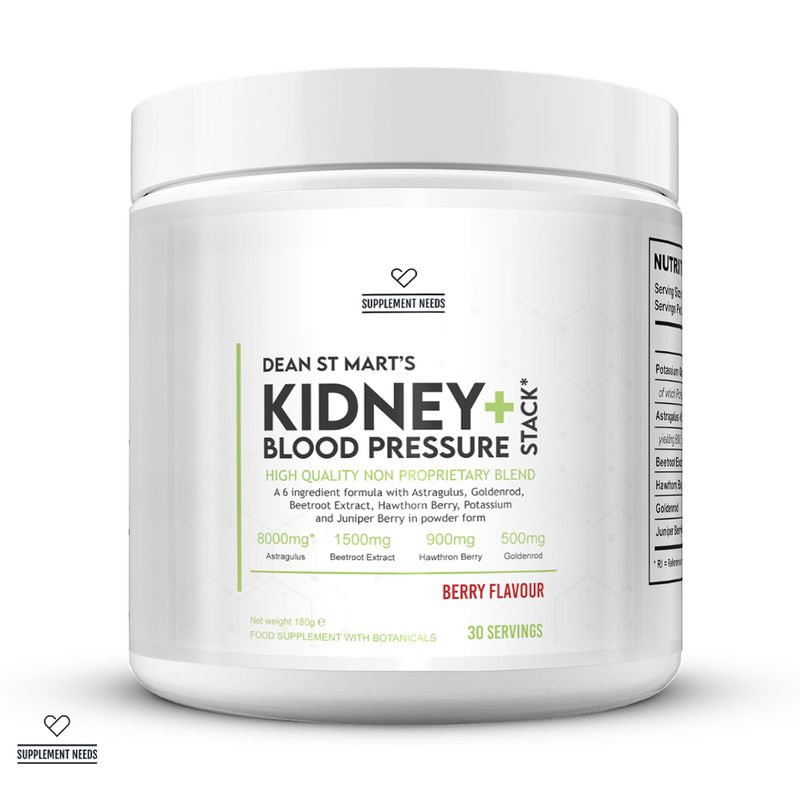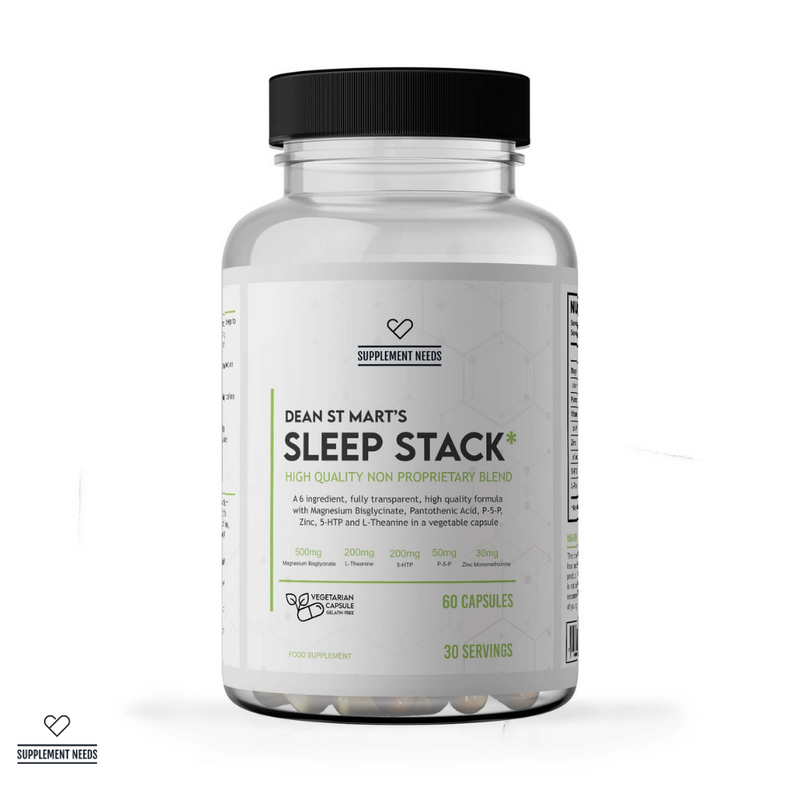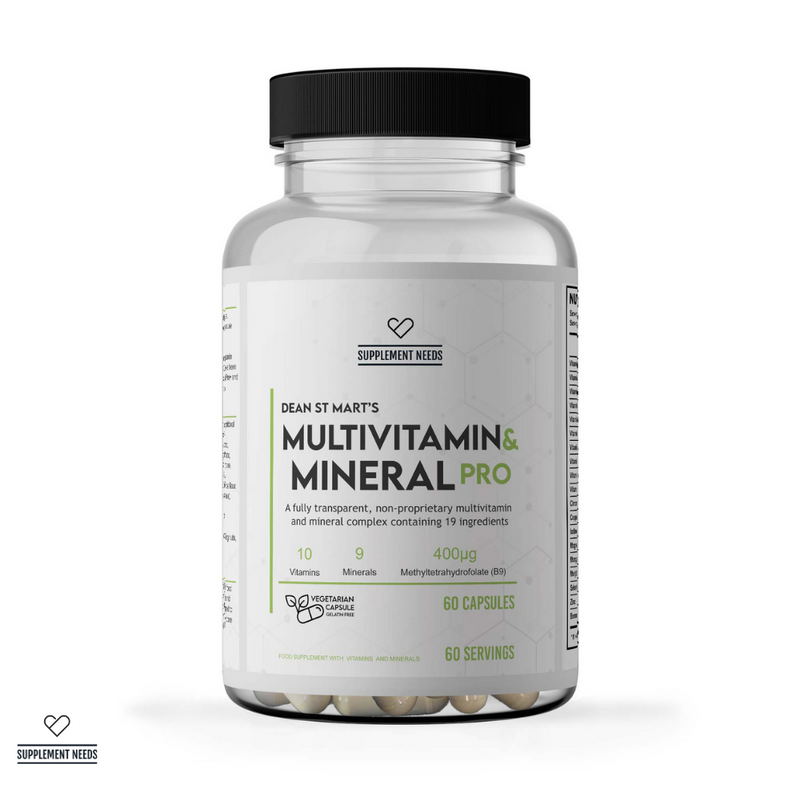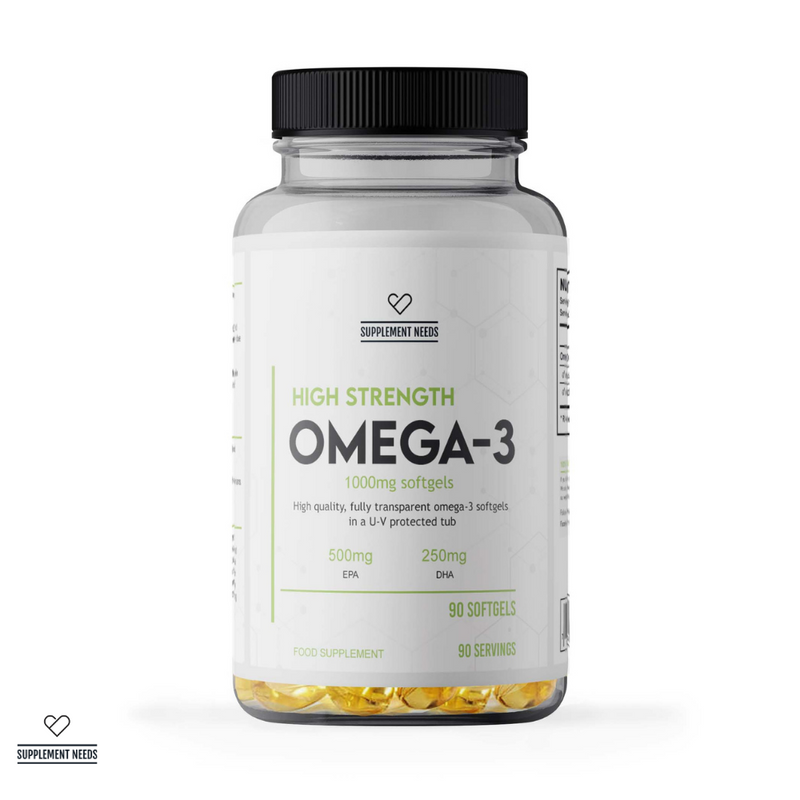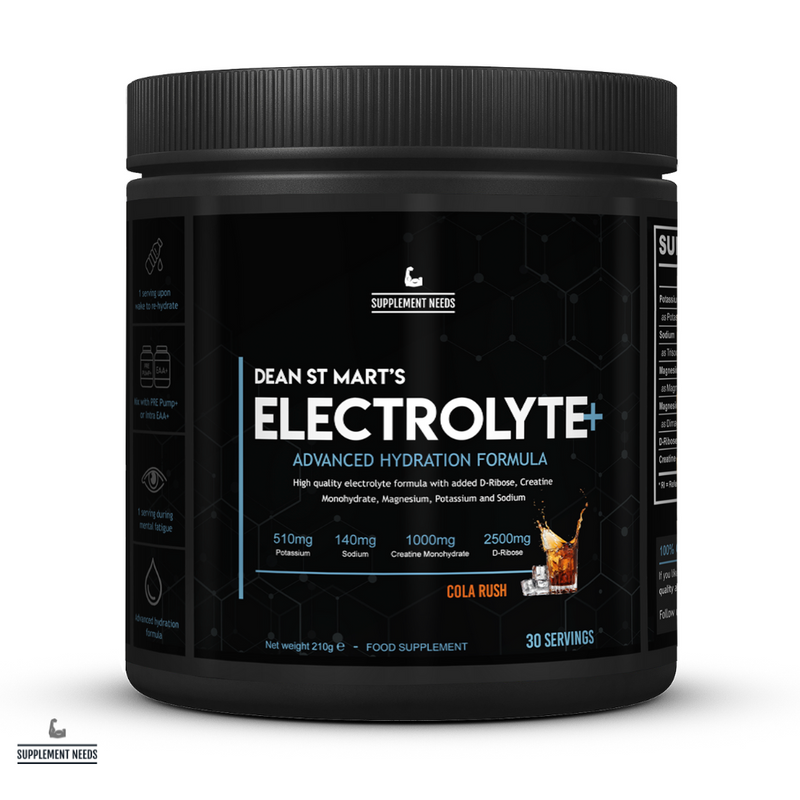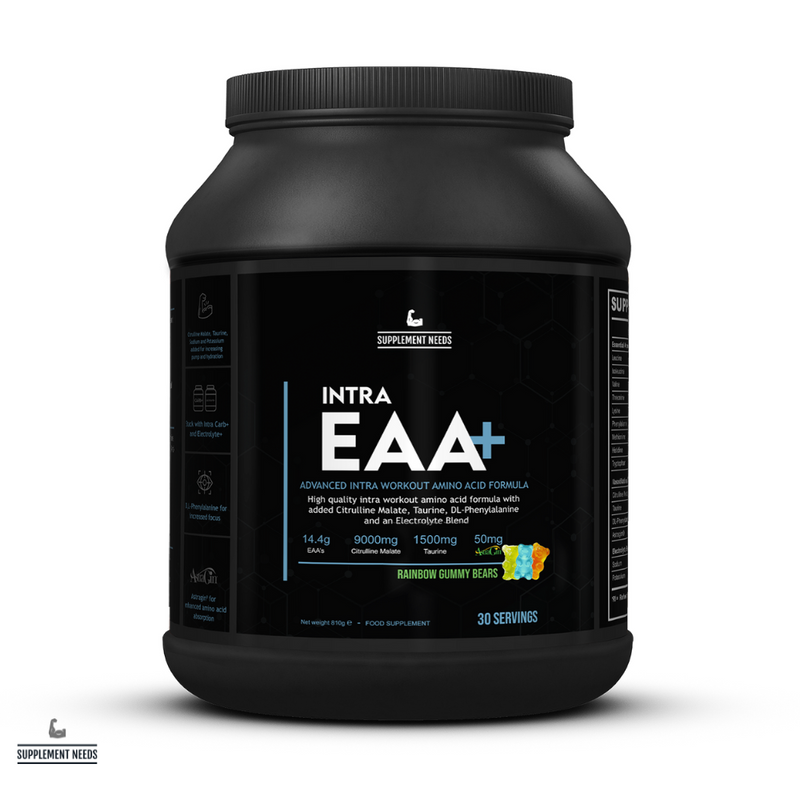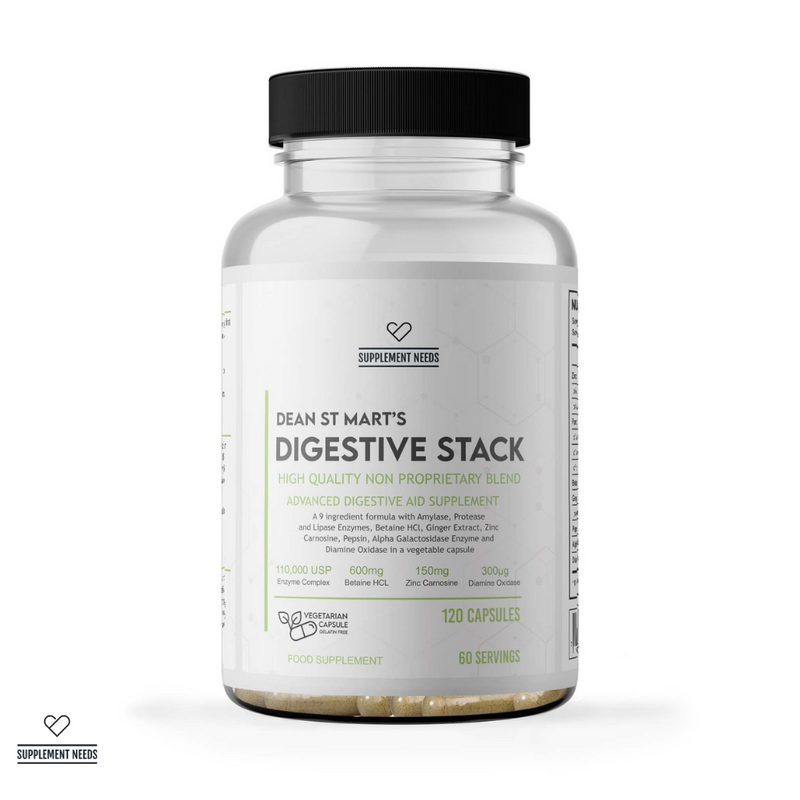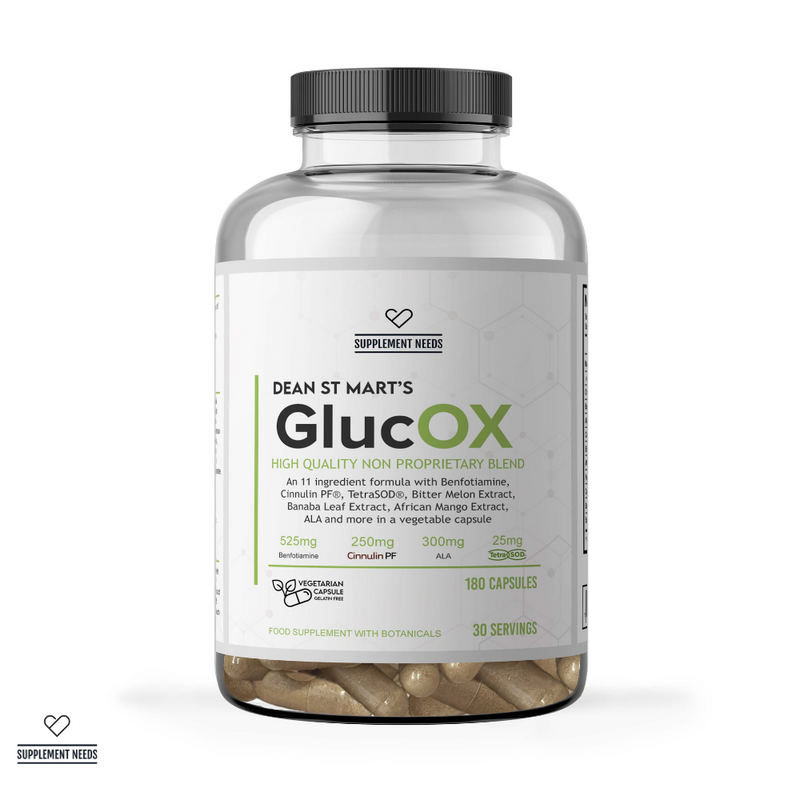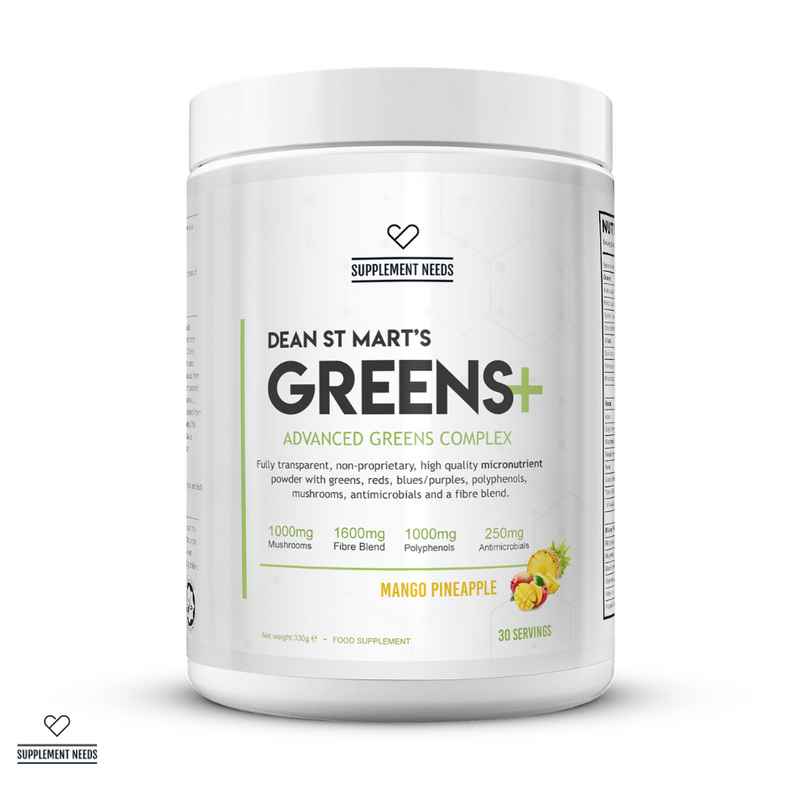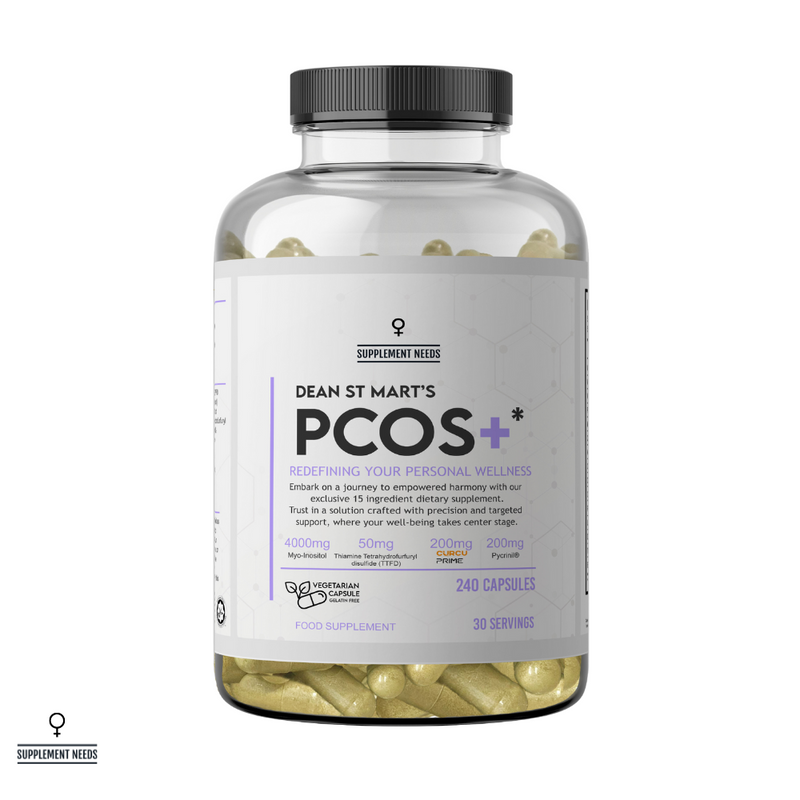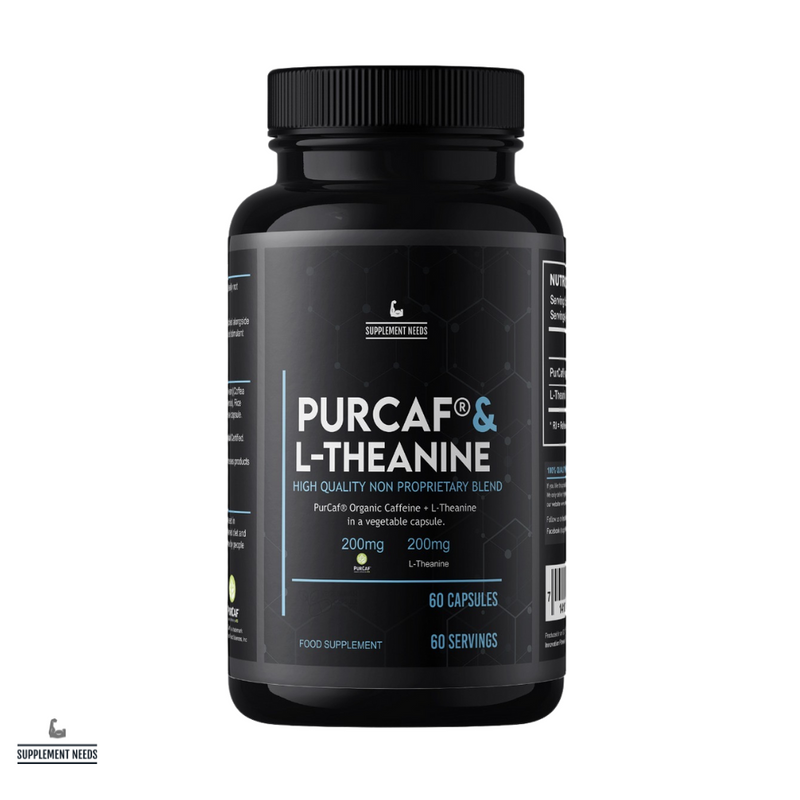Antioxidants. This feels like it’s become a bit of a buzzword, used in everything from adverts promoting a new wellbeing trend, or specific fruits and ‘superfoods’. But, for once, this notoriety is with good reason. Antioxidants, and antioxidant supplements, have many potential benefits for your overall health.
To learn more about these useful chemicals, keep reading…
What are antioxidants?
Whenever you’re learning about an unfamiliar concept, it’s always worth starting with the absolute basics. So, let’s begin with a definition.
According to the dictionary, antioxidants are ‘a substance that inhibits oxidation’ and that ‘removes potentially damaging oxidising agents in a living organism’.
But, this seems to raise more questions than answers. For example, what is oxidation, and how is it harmful?
To understand what antioxidants are then, we need to take a further step back…
What is oxidation?
To understand oxidation, we need to make a brief sojourn into chemistry – more specifically, the structure of atoms.
Atoms are made up of a nucleus containing protons and neutrons. This is surrounded by shells, each containing a number of electrons (with two on the inner shell, and up to eight on the outer shells). If the outermost shell, called the valence shell, has fewer than eight electrons, it becomes more reactive in an effort to gain or lose electrons.
Oxidation describes the process whereby an atom or ion loses electrons or reacts with oxygen. This affects the stability of the atom, causing it to become more reactive with other substances.
In the body, these unstable atoms or molecules are called free radicals. Your body naturally produces free radicals, as they are necessary for a selection of processes; such as in oxygen metabolism, cellular signalling pathways, the induction of a mitogenic (cell-splitting) response, and in defence against infectious agents1. Reactive species may also be caused by pollution, ionising radiation and other environmental stressors.
The concern is when these the body experiences elevated concentrations of free radicals, as this can cause damage to cell membranes, DNA, proteins2, and lipids (fats) due to their high reactivity.
This is known as oxidative stress, as there is a clear imbalance of production of free radicals that has led to an accumulation of reactive species3. Oxidative stress has been linked with the development of cancer, cardiovascular diseases, and various neurological ailments4.
Note – most reactive species (free radicals) are oxygen or nitrogen based, and are referred to as ROS or RNS respectively.
Moving back to antioxidants; as the prefix suggests, these chemicals are anti-oxidation, meaning they help to prevent the damage that can be done by reactive species.
But how?
Well, as we’ve seen, free radicals are unstable because they are missing an electron, which has affected the reactivity of an entire atom. Antioxidants are the opposite. In fact, they’re stable enough to donate an electron to a free radical, effectively neutralising it and reducing its potential to cause damage5.
So, by maintaining sufficient levels of antioxidants in the body, you can reduce the risks and harm from oxidative stress.
Types of antioxidants
The human body is incredibly complex, but also incredibly clever. To protect from oxidative stress and free radicals, the body has developed a ‘highly sophisticated and complex antioxidant protection system6’ that includes various types of endogenous and exogenous antioxidants, such as:
- Nutrient antioxidants – these include vitamins, beta-carotene, and polyphenols (see more about the latter compounds below).
- Antioxidant enzymes – for example, bilirubin (found in the blood), thiols, ubiquinones like CoQ10, and uric acid.
- Metal-binding proteins – chemicals like albumin and ferritin protect the body from toxic metal free radicals.
Endogenous antioxidants
Endogenous, somewhat of a portmanteau of the Greek ‘endon’ and ‘genēs’ with a Latin ‘ōsus’ suffix, literally means ‘produced from within’. This refers to antioxidants that your body produces naturally as a response to the creation of, and exposure to, free radicals.
The detection of free radicals within the body causes a ‘cascade of reactions and induces activation of multiple internal defence mechanisms, which provide elimination of free radicals and their derivatives7’. Effectively, the body instigates three processes as a defence against free radicals, which are:
- Prevention – this aims to stop reactive species with other biological substances, like the enzymes superoxide dismutase, catalase, or glutathione peroxidase, or proteins like albumin and ferritin.
- Repair – where any radical oxidation reactions are interrupted and neutralised.
-
Deactivation – where the products of free radical fractions are repaired or eliminated, such as by antioxidants that can repair damaged cells and proteins.
Exogenous antioxidants
Of course, we can also get antioxidants from our diets. These are known as exogenous (exo being the Greek for ‘outside’, as the antonym, or opposite, of endo). Exogenous antioxidants are most commonly found in plant life, including fruits, roots, vegetables, and more.
The overarching category you need to be aware of here is a grouping called polyphenols. Phenolic compounds are considered to be potent antioxidants that can ‘complement and add to the functions of antioxidant vitamins and enzymes as a defence against oxidative stress’8. They can also help to restore the body’s internal redox balance with the same goal of reducing oxidative damage9.
Considering this is more of an umbrella term, polyphenols have been sub-categorised by scientists to help distinguish between them and their properties. Some of the primary antioxidant grouping you should know about include:
- Flavonoids – common flavonoids include catechins, anthocyanins, and quercetin. Quercetin in particular has been shown to remove free radicals and strengthen the body’s antioxidative response to reduce oxidative stress10.
- Phytoestrogens – derived from plants, phytoestrogens mimic the structure of oestrogen in the body. Due to their ability to bind to free radicals, amongst other characteristics, they are considered antioxidants11.
-
Phenolic acids – as an antioxidant, phenolic acids have a highly stable structure that makes them capable of ‘H-atom donation’, which allows them to neutralise free radicals12.
Sources of antioxidants
As we mentioned above, the main sources of dietary antioxidants are plant-based. Fruits, vegetables, leaves, and roots are all excellent sources of polyphenols, vitamins and minerals which can act as antioxidants in the body.
Some of the most popular antioxidant-rich foods include13:
- Beverages like coffee and green tea.
- Dark chocolate.
- Fruits, including apples and berries (like cranberries or goji berries).
- Herbs and spices, like cinnamon and mint.
- Nuts, including pecans and walnuts.
But, if you’re looking for some extra support, there is the option to incorporate antioxidant supplements into your regular diet…
What are antioxidant supplements?
Antioxidant supplements can be a valuable addition to your diet to help you look after your health. Not only can they be conveniently slotted into your regular routine, but the best antioxidant supplements are specially-formulated to maximise the potential benefits of their ingredients.
As antioxidants are not limited in form, neither are antioxidant supplements – meaning there are a variety of dietary supplements you can choose from to increase the amount of antioxidants in your diet. These include:
Greens powders

A relative newcomer to the world of supplementation, greens powders are an excellent source of antioxidants. This is because these supplements are made from ‘powdered greens’ (it’s right there in the name).
That is to say, greens powders consist of the prepared and powdered form of various herbs and vegetables, making them a simple way to introduce more plant-based nutrition into your diet.
These types of mixed fruit and vegetable powders have even been the subject of recent scientific research. According to one study, researchers found that ingesting a fruit and vegetable supplement (FVS) improved participants inflammatory response and antioxidant capacity14.
Tip – whilst basic greens powders tend to stick with fruits and vegetables, premium options will make use of a more diverse range of ingredients, such as fungi, polyphenols, and additional fibre. Take Supplement Needs’ Greens+; with 36 carefully considered ingredients, this is the optimum greens powder to support your nutritional needs.
Interested in a more detailed exploration into greens powders? Explore What Do Greens Powders Do? A Complete Guide.
Vitamin supplements

When it comes to nutrient antioxidants, there are a select few vitamins and minerals that play a key role in neutralising free radicals. These include:
- Vitamins A, C, and E. Vitamin C, for example, has been heavily researched as a potent antioxidant due to its capacity to readily donate electrons to scavenge free radicals from the body. It’s even been shown to help regenerate other antioxidants within the body such as alpha-tocopherol (commonly known as vitamin E)16.
Guide – considering the vast array of options on offer, choosing the right vitamin supplements can be a daunting prospect. For valuable advice and further information, read Supplement Needs’ Ultimate Guide to Buying Vitamins & Multivitamins.
- Minerals including copper, zinc, and selenium. Selenium is a key component of selenoproteins, which have been shown17.
If you’re looking for a premium vitamin C supplement, why not try Supplement Needs’ Vitamin C Powder? Consisting solely of pure L-Ascorbic Acid, this is a superb way to introduce more antioxidants into your diet.
Glutathione

Glutathione is regularly referred to as a master antioxidant – and for very good reason. A non-enzymatic antioxidant, glutathione can act both directly to protect cells from free radical-derived damages; and as a cofactor (catalyst) in the formation of vital anti-oxidising enzymes such as glutathione peroxidases, glutathione S-transferase, and glyoxalase18.
Whilst this is typically an endogenous antioxidant (primarily produced in the liver), supplementing over time can help to increase glutathione stores in the body to help reduce harmful consequences of oxidative stress19.
Tip – using exclusively patented technology to micro-encapsulate the active ingredients in liposomes for improved absorption, our Liposomal Glutathione supplement also makes use of the trademarked form Setria® for superior quality and consistency.
Resveratrol

As a type of antioxidant supplement, resveratrol has excellent potential to support your overall health. During the course of studies, resveratrol was shown to pull double duty; both as a chemical that can increase enzymatic antioxidant activity, and as a free radical cleanser in its own right20.
At Supplement Needs, we’ve gone one step further to improve the efficacy of this powerful antioxidant by combining it into our Liposomal Curcumin with Resveratrol. Curcumin is an impressive anti-inflammatory and antioxidant as it is, but the combination of these ingredients has the potential to provide a multi-faceted approach to certain conditions, such as managing joint inflammation and reducing oxidative damage in cartilage21.
Guide – we have a range of liposomal supplements, including Vitamin C, Glutathione, and Resveratrol. To understand just how beneficial this delivery method is, learn exactly What it Means When a Supplement is Liposomal with Supplement Needs.
CoQ10

Also known by the name Ubiquinone, Coenzyme Q10 (CoQ10) is a naturally-occuring, fat-soluble vitamin-esque molecule that is produced endogenously in the body – although we also receive it from our diets22.
Alongside producing adenosine triphosphate (ATP) for cellular energy, CoQ10 has been shown to potentially increase production of important antioxidants like superoxide dismutase, a specific enzyme that ‘effectively mitigates vascular oxidative stress in individuals with hypertension’23. Or, to put this more simply, this molecule can help you protect your heart and blood vessels from free radical damage.
Tip – our COQ10 (Ubiquinone) is also liposomal for superior bioavailability and absorption by the body.
Support your health with Supplement Needs
At Supplement Needs, we have an expertly-crafted selection of premium antioxidant supplements; each made superior ingredient quality and evidence-based formulas.
Working closely with Dr Dean St Mart, an industry-lead in supplementation, each of our antioxidant supplements benefit from close attention to detail and expert knowledge at every stage of production. We also consistently use proprietary ingredient forms where appropriate to ensure consistently high-quality results.
As you’ve read, we are always clear and transparent about ingredients. Whatever supplements you choose from our range, you will benefit from the knowledge of not only how much of an ingredient it contains; but also the form and origins. How many other brands can say the same?
To round it off, all of our supplements are manufactured in-line with strict Good Manufacturing Practices (GMP) and ISO guidelines – so you never have to compromise on quality, consistency, or safety.
Shop premium Health Supplements today
Disclaimer
The information on this website should not be used as a substitute for professional medical advice or care. If you have questions about your health, please contact your doctor.
References
1.Valko, M,. et al, Free radicals and antioxidants in normal physiological functions and human disease [online]. Available at: https://pubmed.ncbi.nlm.nih.gov/16978905/. (Accessed on 29th August 2024).
2. National Cancer Institute, Antioxidants and Cancer Prevention [online], Available at: https://www.cancer.gov/about-cancer/causes-prevention/risk/diet/antioxidants-fact-sheet. (Accessed on 29th August 2024).
3. Pizzino, G., et al, Oxidative Stress: Harms and Benefits for Human Health [online]. Available at: https://www.ncbi.nlm.nih.gov/pmc/articles/PMC5551541/. (Accessed on 29th August 2024).
4. ibid.
5. Lobo, V., Patil, A., Phatak, A,. & Changra, N., Free radicals, antioxidants and functional foods: Impact on human health [online]. Available at: https://www.ncbi.nlm.nih.gov/pmc/articles/PMC3249911/. (Accessed on 29th August 2024).
6. Saini, R., Coenzyme Q10: The essential nutrient [online]. Available at: https://www.ncbi.nlm.nih.gov/pmc/articles/PMC3178961/. (Accessed on 29th August 2024).
7. Mirończuk-Chodakowska, I., Witkowska, A.M., & Zujko, M.E., Endogenous non-enzymatic antioxidants in the human body [online]. Available at: https://www.sciencedirect.com/science/article/abs/pii/S1896112617300445. (Accessed on 29th August 2024).
8. Tsao, R., Chemistry and Biochemistry of Dietary Polyphenols [online]. Available at: https://www.ncbi.nlm.nih.gov/pmc/articles/PMC3257627/. (Accessed on 29th August 2024).
9. Cory, H., et al, The Role of Polyphenols in Human Health and Food Systems: A Mini-Review [online]. Available at: https://www.ncbi.nlm.nih.gov/pmc/articles/PMC6160559/. (Accessed on 29th August 2024).
10. Xu, D., Hu, M-J., Wang, Y-Q., Cui, Y-L., Antioxidant Activities of Quercetin and Its Complexes for Medicinal Application [online]. Available at: https://www.ncbi.nlm.nih.gov/pmc/articles/PMC6470739/. (Accessed on 29th August 2024).
11. Desmawati, D,. & Sulastri, D., Phytoestrogens and Their Health Effect [online]. Available at: https://www.ncbi.nlm.nih.gov/pmc/articles/PMC6390141/. (Accessed on 29th August 2024).
12. Kumar, N., & Goel, N., Phenolic acids: Natural versatile molecules with promising therapeutic applications [online]. Available from: https://www.sciencedirect.com/science/article/pii/S2215017X19302383. (Accessed on 29th August 2024).
13. Carlsen, M.H., et al, The total antioxidant content of more than 3100 foods, beverages, spices, herbs and supplements used worldwide [online]. Available at: https://www.ncbi.nlm.nih.gov/pmc/articles/PMC2841576/. (Accessed on 29th August 2024).
14. Lakshmanan, A.P., et al, Modulation of gut microbiota: The effects of a fruits and vegetables supplement [online]. Available at: https://pubmed.ncbi.nlm.nih.gov/36211488/. (Accessed on 29th August 2024).
15. Du, J., Cullen, J.J., Buettner, G.R., Ascorbic acid: Chemistry, biology and the treatment of cancer [online]. Available at: https://www.sciencedirect.com/science/article/pii/S0304419X12000509. (Accessed on 29th August 2024).
16. National Institutes of Health: Office of Dietary Supplements, Vitamin C [online]. Available at: https://ods.od.nih.gov/factsheets/VitaminC-HealthProfessional/. (Accessed on 29th August 2024).
17. Bjørklund, G., et al, Selenium: An Antioxidant with a Critical Role in Anti-Aging [online]. Available at: https://www.ncbi.nlm.nih.gov/pmc/articles/PMC9570904/. (Accessed on 29th August 2024).
18. Averill-Bates, D.A., The antioxidant glutathione [online]. Available at: https://pubmed.ncbi.nlm.nih.gov/36707132/. (Accessed on 29th August 2024).
19. Richie Jr., J-P., et al, Randomized controlled trial of oral glutathione supplementation on body stores of glutathione [online]. Available at: https://pubmed.ncbi.nlm.nih.gov/24791752/. (Accessed on 29th August 2024).
20. Zhang, L-X., et al, Resveratrol (RV): A pharmacological review and call for further research [online]. Available at: https://www.sciencedirect.com/science/article/pii/S0753332221009483. (Accessed on 29th August 2024).
21. Morelli, M. B., Curcumin and Resveratrol: Nutraceuticals with so Much Potential for Pseudoachondroplasia and Other ER-Stress Conditions [online]. Available at: https://www.ncbi.nlm.nih.gov/pmc/articles/PMC10886985/. (Accessed on 29th August 2024).
22. Sood, B., Patel, P., Keenaghan, M., Coenzyme Q10 [online]. Available at: https://www.ncbi.nlm.nih.gov/books/NBK531491/. (Accessed on 29th August 2024).
23. ibid.
